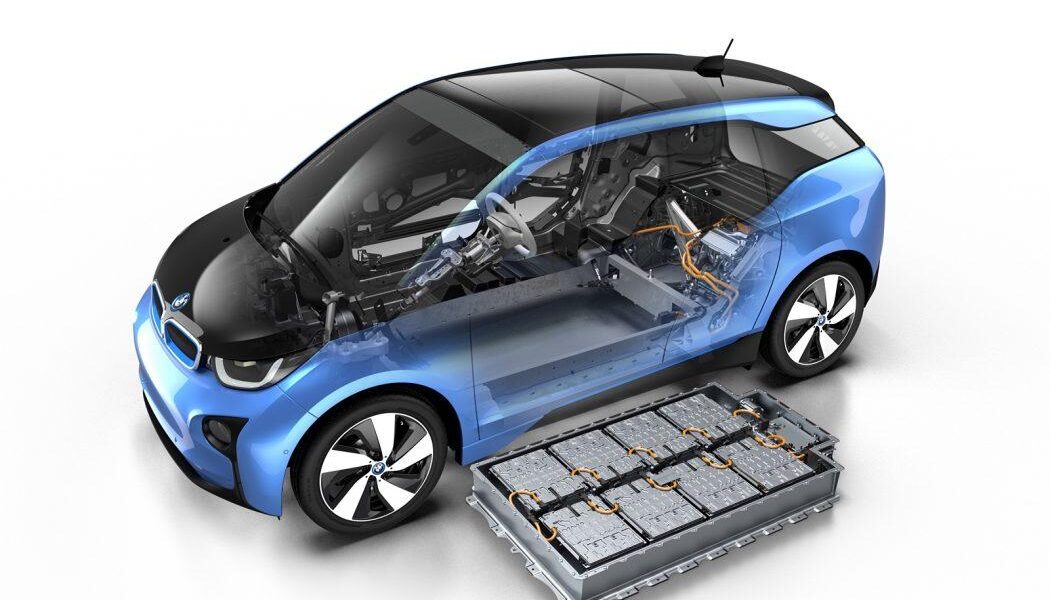The global solid state battery market size is estimated to grow from USD 62 million in 2020 to USD 483 million by 2027; it is expected to grow at a CAGR of 34.2% during the forecast period. Factors such as the rising requirement of solid state batteries in electric vehicles, the increasing trend toward the miniaturization of consumer electronics, and growing R&D activities by major companies are driving the growth of the solid state battery market.
The solid state battery market for secondary batteries is expected to grow at a higher CAGR during the forecast period. Thin-film and solid state chip batteries, the most commonly used batteries, are secondary batteries. Rechargeable batteries are used in medical devices, electric vehicles, wireless sensors, and consumer electronics. With advancements in the technologies used in wearables and medical devices, manufacturers are constantly trying to create innovative designs suitable for such devices, such as bendable, flexible, and high-capacity rechargeable batteries that can last long. Therefore, the demand for secondary micro-batteries is high and is expected to increase rapidly during the forecast period.
The below 20 mAh segment is expected to dominate the market in 2020 and hold the majority share of the overall market. Batteries that fall under the capacity range of below 20 mAh are mostly thin-film batteries and are widely used in applications such as packaging, wireless sensors, medical & cosmetic patches, and other low-drain devices. Being compact in size and having limited internal space, these low drain devices do not require high-capacity batteries for operation. The increasing demand for solid state batteries from the aforementioned applications is expected to drive the market in the near future.
The solid state battery market for medical devices is expected to hold the largest market size in 2020. Currently, solid state batteries have been commercialized significantly in the medical devices industry, as several manufacturers are designing and offering solid state batteries to power medical devices, such as temperature sensors, pacemakers, and smart patches. Technological advancements and the penetration of IoT in the medical field have generated opportunities for new battery-powered medical devices. Implantable medical devices, such as neural stimulators, pacemakers, and defibrillators, require batteries that can deliver a steady, reliable power source for a long duration; solid state batteries meet such requirements owing to their reliability and performance.
The market in APAC is expected to grow at the highest CAGR during the forecast period owing to the technological advancements in wearable devices and consumer electronics sectors in this region. The major wearable devices and consumer electronics manufacturers based in APAC, such as Samsung (South Korea), LG Electronics (South Korea), and Panasonic (Japan), are developing the next-generation flexible devices. These devices require power sources that are not only compact but also have high-power density to complement the product design; these requirements are fulfilled by thin-film batteries.
Key Market Players: Cymbet (US), Robert Bosch (Germany), Toyota Motor (Japan), Solid Power (US), Excellatron Solid State (US), and BrightVolt (US) are a few of the major companies operating in the solid state battery market.
Cymbet offers solid state energy storage technology. The company provides its products under its brand name, EnerChip. The main products of Cymbet are solid state thin-film rechargeable batteries with integrated power management solutions. These batteries can be configured with integrated circuits (ICs), sensors, industrial control systems, telecommunications, networking systems and military-aerospace-transportation, RFID tags, medical devices, and portable electronic devices.







